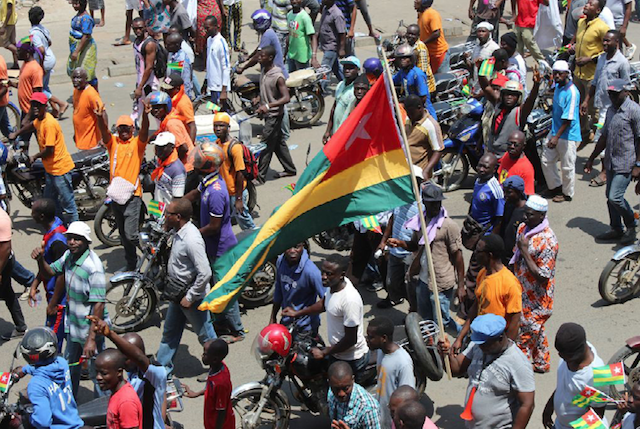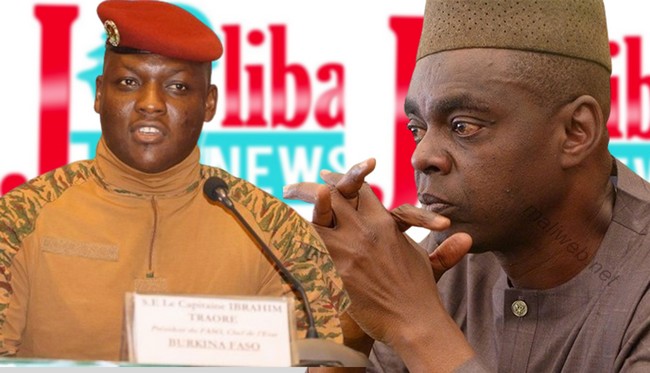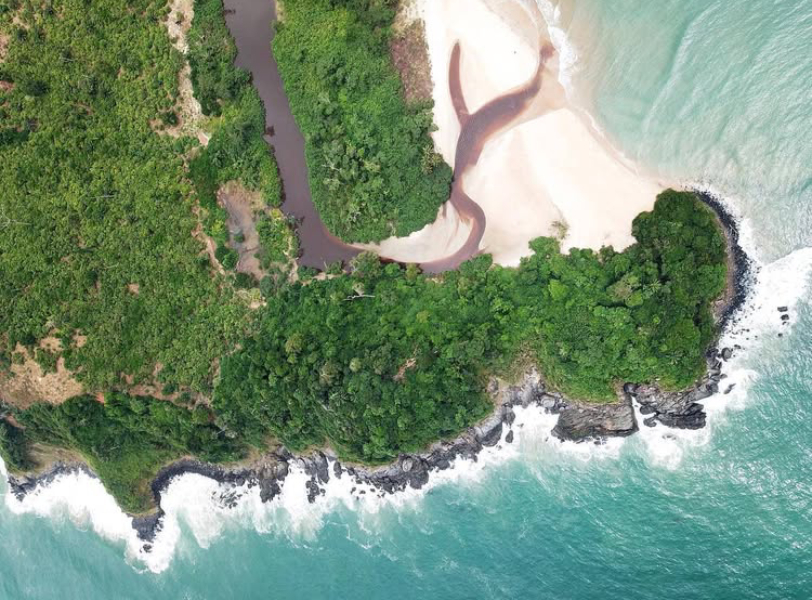Since the bloody protests of June 26 to 28, 2025, during which seven citizens lost their lives (with no justice yet rendered), the people in Togo have been facing restricted access to the internet.
For over two weeks, Togolese people have been experiencing increasing internet disruptions, further limiting their freedoms to express themselves, access information and mobilise.
From June 26, 2025, social media platforms like Facebook, Signal, and Telegram became largely inaccessible to many users in Togo. Between June 27 and 30, YouTube and DuckDuckGo were also affected, making access to all five platforms difficult for most people.
In response, citizens have had to resort to Virtual Private Networks (VPNs) to bypass the disruptions in order to get access to the said platforms.
The disruptions have been denounced by several civil society actors, including the League of Consumers of Togo and Internet Society, Togo Chapter. They contend that the disruptions form part of a deliberate attempt by the authorities to muzzle public discourse and hinder the free flow of information, especially in the aftermath of the outrage sparked by the brutal repression of the late June protests.
The allegations made by the civil society actors are not unfounded. Although no official statement regarding the disruptions has been officially issued, the timing raises serious concerns and recalls a similar event in 2017, when access to internet was disrupted shortly after protests erupted to demand a return to the 1992 constitution.
The internet disruption linked to the 2017 protests was later declared illegal by the ECOWAS Court of Justice in a decision made public on June 25, 2020. The ruling proscribed recurrence of such violations in the country. Thus, the internet disruptions that occurred in late June 2025 flout the ruling of the highest regional court which declared that shutting down the internet is violation against the right to freedom of expression.
The Media Foundation for West Africa (MFWA), therefore, calls on the Togolese authorities to respect the ECOWAS Court ruling and restore internet access to ensure that people can enjoy their constitutionally guaranteed right to expression.






